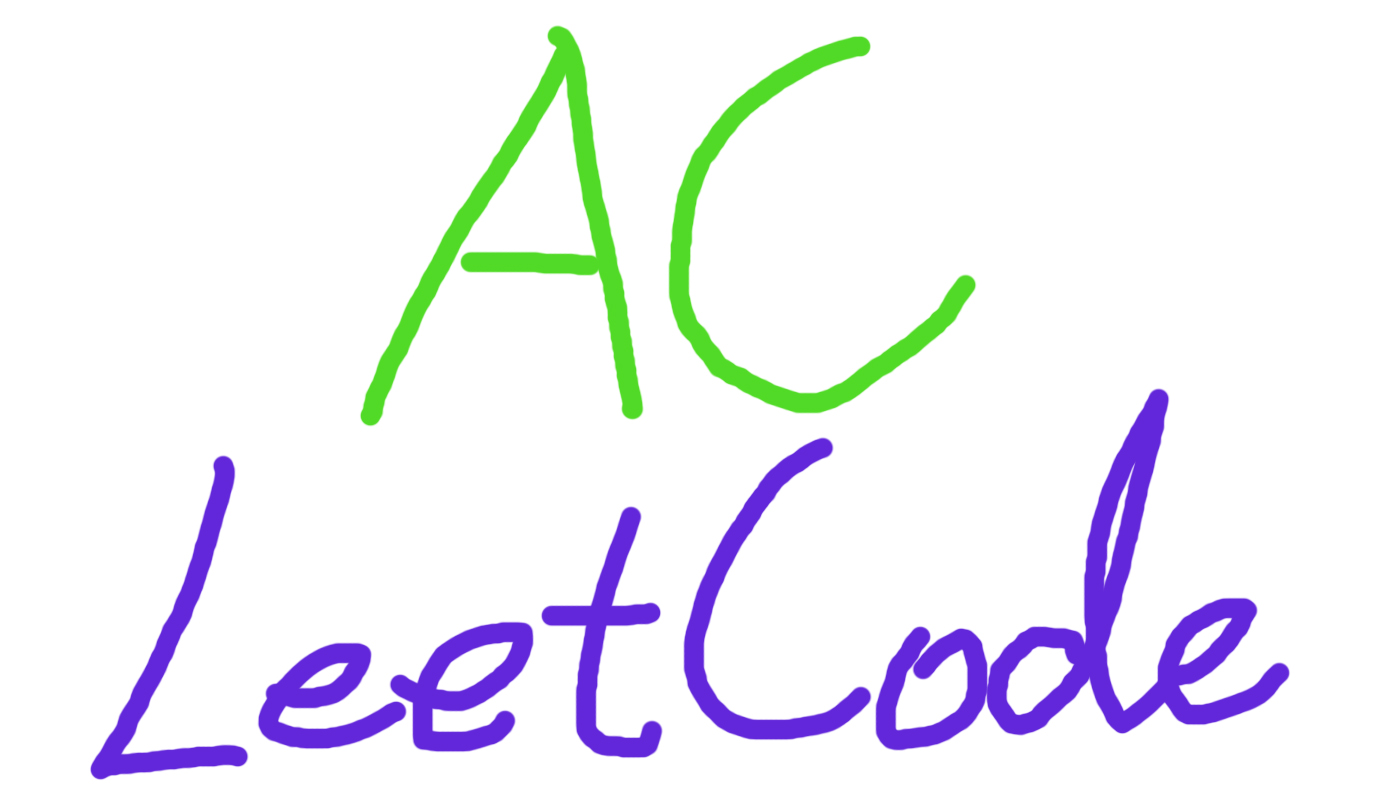
Description
A group of friends went on holiday and sometimes lent each other money. For example, Alice paid for Bill’s lunch for $10. Then later Chris gave Alice $5 for a taxi ride. We can model each transaction as a tuple (x, y, z) which means person x gave person y $z. Assuming Alice, Bill, and Chris are person 0, 1, and 2 respectively (0, 1, 2 are the person’s ID), the transactions can be represented as [[0, 1, 10], [2, 0, 5]].
Given a list of transactions between a group of people, return the minimum number of transactions required to settle the debt.
Note:
- A transaction will be given as a tuple (x, y, z). Note that x ≠ y and z > 0.
- Person’s IDs may not be linear, e.g. we could have the persons 0, 1, 2 or we could also have the persons 0, 2, 6.
Example
Example 1:1
2
3
4
5
6
7
8
9
10
11Input:
[[0,1,10], [2,0,5]]
Output:
2
Explanation:
Person #0 gave person #1 $10.
Person #2 gave person #0 $5.
Two transactions are needed. One way to settle the debt is person #1 pays person #0 and #2 $5 each.
Example 2:1
2
3
4
5
6
7
8
9
10
11
12
13Input:
[[0,1,10], [1,0,1], [1,2,5], [2,0,5]]
Output:
1
Explanation:
Person #0 gave person #1 $10.
Person #1 gave person #0 $1.
Person #1 gave person #2 $5.
Person #2 gave person #0 $5.
Therefore, person #1 only need to give person #0 $4, and all debt is settled.
Solution
With all the given transactions, in the end, each person with ID = id will have an overall balance bal[id]. Note that the id value or any person coincidentally with 0 balance is irrelevant to debt settling count, so we can simply use an array debt[] to store all non-zero balances, where
- debt[i] > 0 means a person needs to pay $ debt[i] to other person(s);
- debt[i] < 0 means a person needs to collect $ debt[i] back from other person(s).
Starting from first debt debt[0], we look for all other debts debt[i] (i>0) which have opposite sign to debt[0]. Then each such debt[i] can make one transaction debt[i] += debt[0] to clear the person with debt debt[0]. From now on, the person with debt debt[0] is dropped out of the problem and we recursively drop persons one by one until everyone’s debt is cleared meanwhile updating the minimum number of transactions during DFS.
Worest Time: O(n!), factorial of n1
2
3
4
5
6
7
8
9
10
11
12
13
14
15
16
17
18
19
20
21
22
23
24
25
26
27
28
29class Solution {
public int minTransfers(int[][] transactions) {
HashMap<Integer, Integer> map = new HashMap<>();
for (int[] trans: transactions){
map.put(trans[0], map.getOrDefault(trans[0], 0) - trans[2]);
map.put(trans[1], map.getOrDefault(trans[1], 0) + trans[2]);
}
// sort can improve speed
List<Integer> debt = new ArrayList<>(map.values());
Collections.sort(debt);
// -----------------------
return helper(0, debt);
}
private int helper(int cur, List<Integer> debt){
while(cur < debt.size() && debt.get(cur) == 0)
cur++;
if (cur == debt.size())
return 0;
int res = Integer.MAX_VALUE;
for (int i = cur + 1; i < debt.size(); i++){
if (debt.get(cur) * debt.get(i) < 0){
debt.set(i, debt.get(i) + debt.get(cur));
res = Math.min(res, 1 + helper(cur + 1, debt));
debt.set(i, debt.get(i) - debt.get(cur));
}
}
return res;
}
}